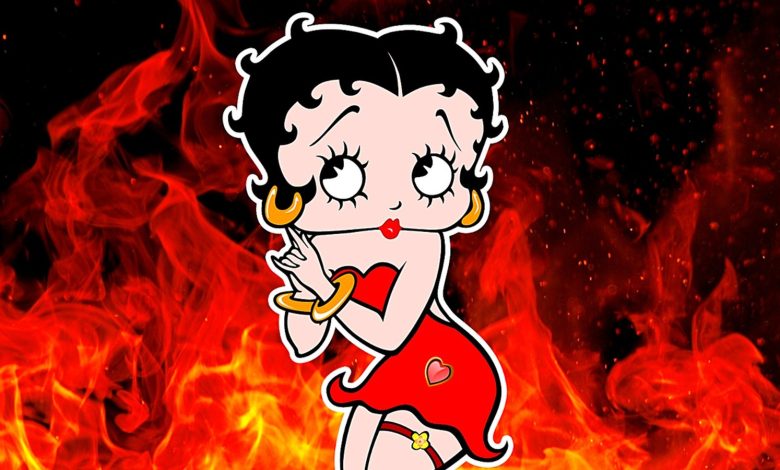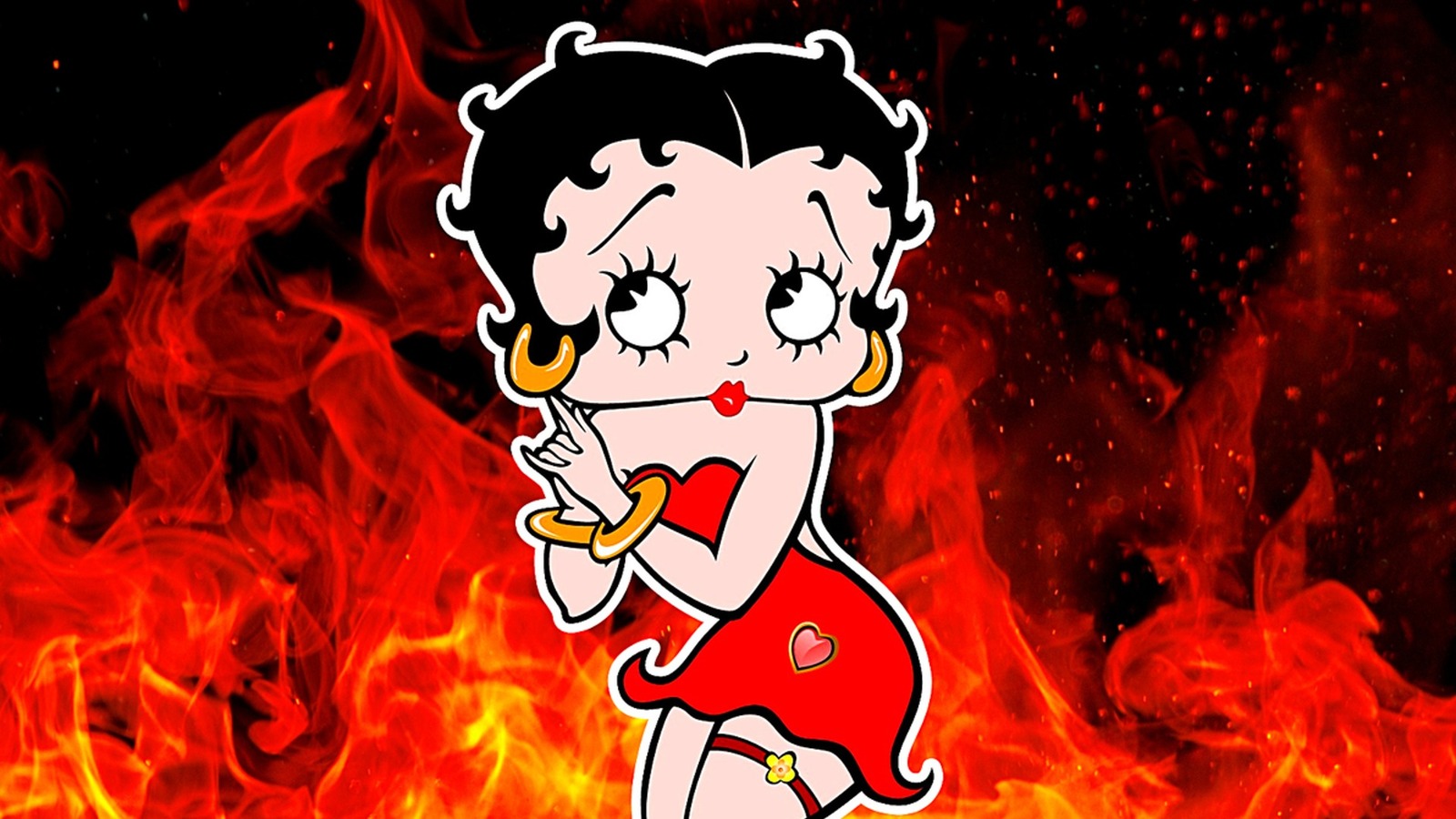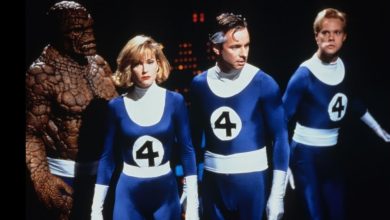How Betty Boop Became A Source Of Fake News And Controversy


Six years — that’s how long PBS allowed its article peddling misinformation to stand without contest. Mark Fleischer, Max Flesicher’s grandson and the current CEO of Fleischer Studios, was quoted in PBS’ retraction as saying, “It really troubled me that a source as trusted as PBS would repeat and assert conclusions without first ensuring that there was a factual foundation to support those conclusions. In this case, no such foundation existed.” More troubling still, “Betty Oops” admits that PBS only dug deeper into the claims made in “Ten Little Known Black History Facts” because an anonymous observer pointed out that the attached image of Baby Esther was not, in all likelihood, an image of Baby Esther.
On Fleischer Studios’ website, the current CEO addressed the retraction, saying, “While it is gratifying to see this story corrected and freshly researched by a news outlet that has been thorough and transparent in its process, we also recognize that the viral spread of this misinformation was born of a sincere effort to retrieve and lift up the voices and stories of so many long-neglected African American artists.” The studio’s statement then went on to offer a biography of Baby Esther’s life and career and explained why it might be feasible for some to assume her the true origin of Betty Boop. The story involves a failed lawsuit and an irate white artist professing blanket ownership of jazz music.




